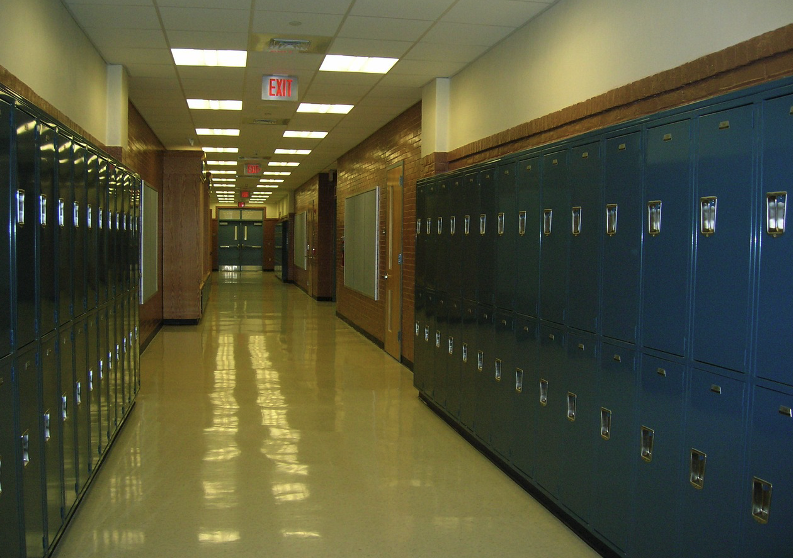
School lockers are generally underestimated when it comes to their role and impact on a student’s life during their school years. While they provide adequate storage for school books and other essentials, they also provide a sense of independence and responsibility. In this article we’ll discuss how lockers help to promote both independence and responsibility, plus other skills for students of all ages.
As students grow, it’s important for their independence to grow along with them. Most schools have lockers installed by a professional locker company like Jorgenson Lockers to ensure they’re safe and suitable for the needs of the student. Lockers can help develop independence in many ways, including:
Responsible for security: Managing a locker also requires the need to be responsible for the security of it and the contents inside. It means remembering to lock the locker after the student got their items out of it. It also teaches them to remember the combination to get back into the locker. They also learn they’re accountable for stolen or lost items as well.
The Role of Lockers In Developing Organizational Skills
Lockers also help students learn to be organized. A locker which is organized can lead to reduced stress, an increase in student performance, and a sense of responsibility. Some ways lockers help with organizational skills include:
Creates a system: Overtime students learn to set up a system which helps to keep the locker organized. They’ll prioritize which items will need to be placed first and at the front and which ones can be placed at the back of the locker.
Promotes cleanliness: Students will learn how to keep their lockers clean so they don’t lose track of items. They’ll also learn that cleanliness leads to more locker space. Over time they’ll develop a habit of keeping them clean. It’s good for the student to clean out their locker every 4 weeks to maintain overall cleanliness.
Lockers can also help to build accountability, responsibility and self-reliance in the following ways.
Ownership over their belongings: Students learn to take ownership over their belongings because they’re the ones who place the items in there and take them out.
Promotes problem-solving skills: Students can face problems with having a locker including broken locks, navigating tight spaces or forgetting their combination. All these things can help them develop their coping skills and problem solving skills making the student more resourceful.
Lockers are more than just storage spaces; they’re valuable tools in helping students develop independence, responsibility, and organizational skills. By encouraging students to take control of their locker space, educators promote an environment where young students especially learn to make decisions, solve problems, and1 take ownership of their personal belongings.